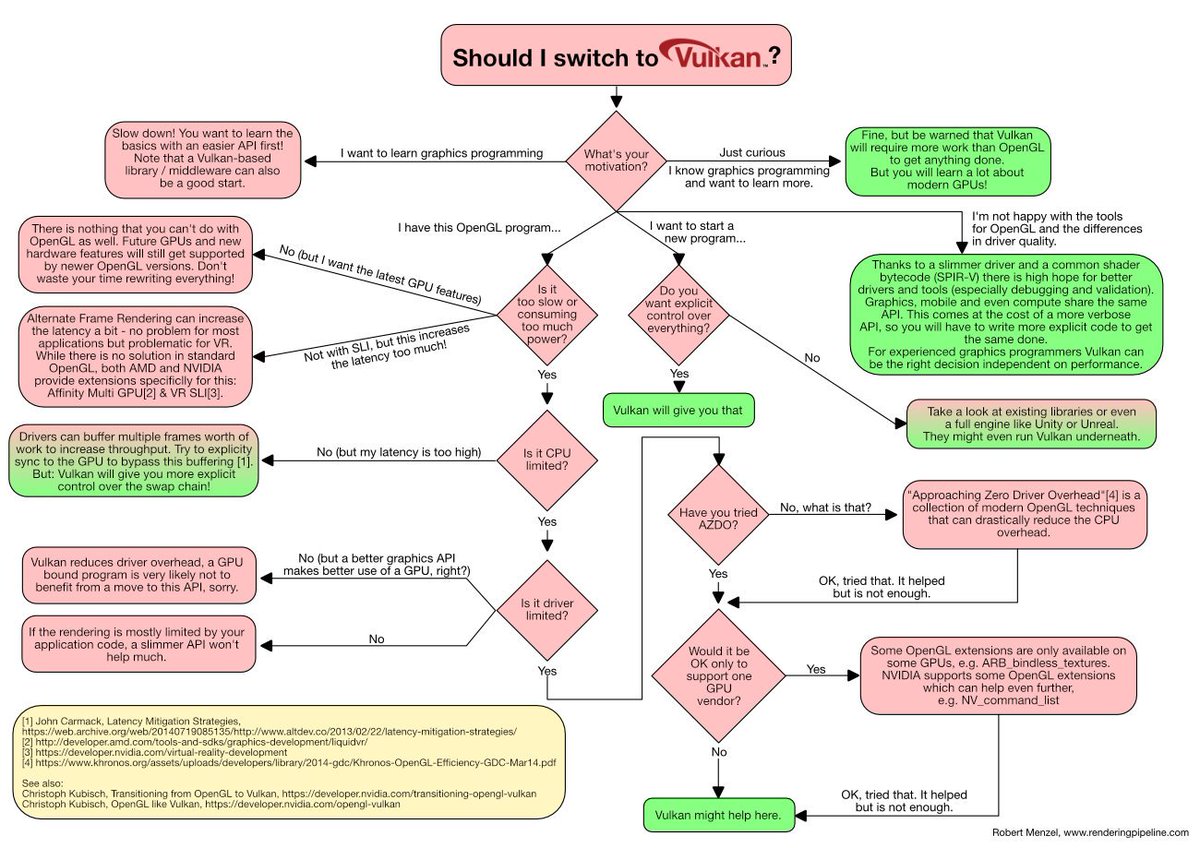user1804599
user1804599
user1804599
user1804599
user1804599
user1804599
user1804599
user1804599
user1804599
user1804599
user1804599
user1804599
user1804599
user1804599
user1804599
user1804599
user1804599
user1804599
user1804599
user1804599
user1804599
user1804599
user1804599
user1804599
user1804599
user1804599
user1804599
user1804599
user1804599
user1804599
user1804599
user1804599
user1804599
user1804599
user1804599
user1804599
user1804599
user1804599
user1804599
user1804599
user1804599
user1804599
user1804599
user1804599
user1804599
user1804599
user1804599
user1804599
user1804599
user1804599
user1804599
user1804599
user1804599
user1804599
user1804599
user1804599
user1804599
user1804599
user1804599
user1804599
user1804599
user1804599
user1804599
user1804599
user1804599
user1804599
user1804599
user1804599
user1804599
user1804599
user1804599
user1804599
user1804599
user1804599
user1804599
user1804599








